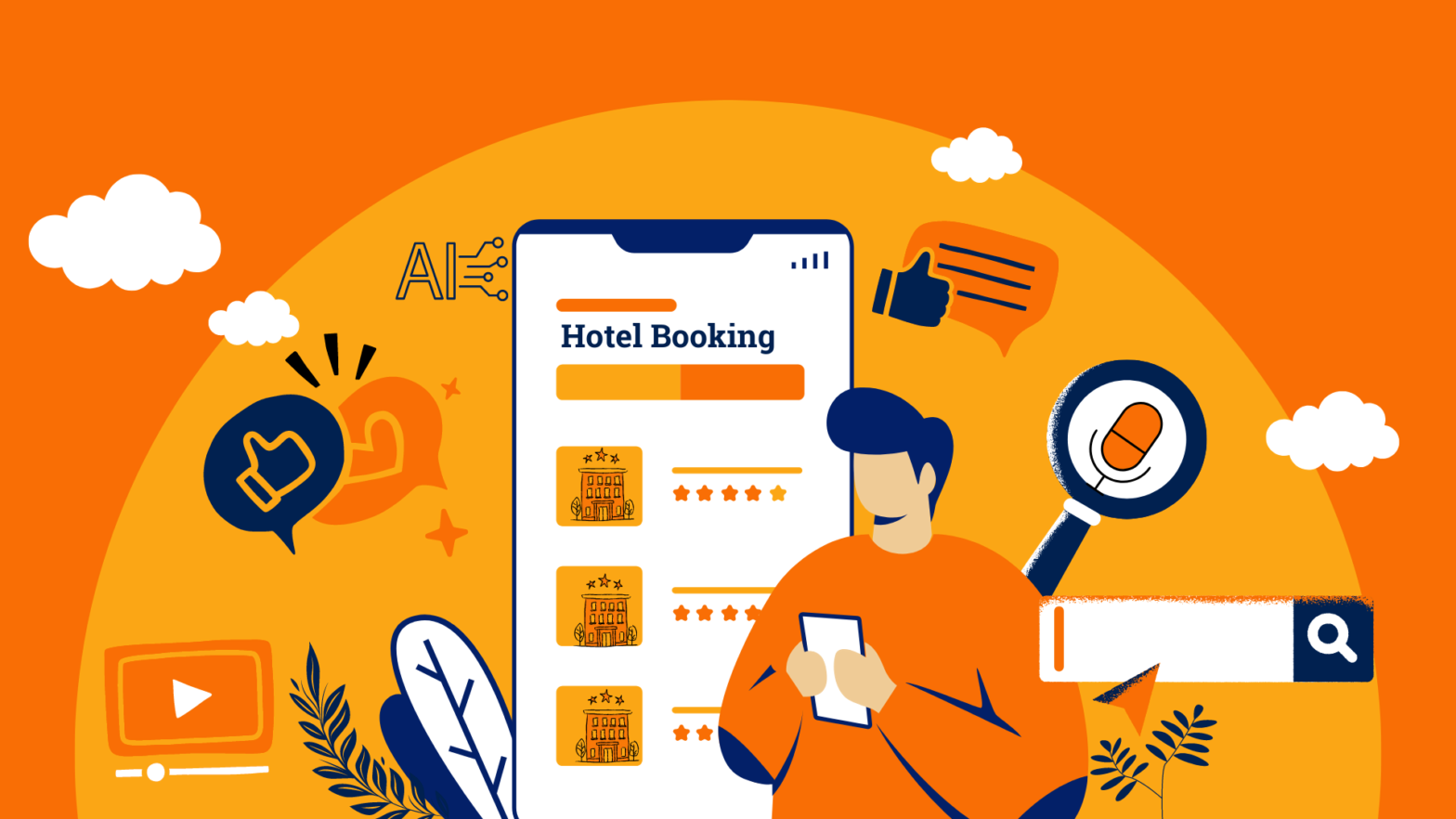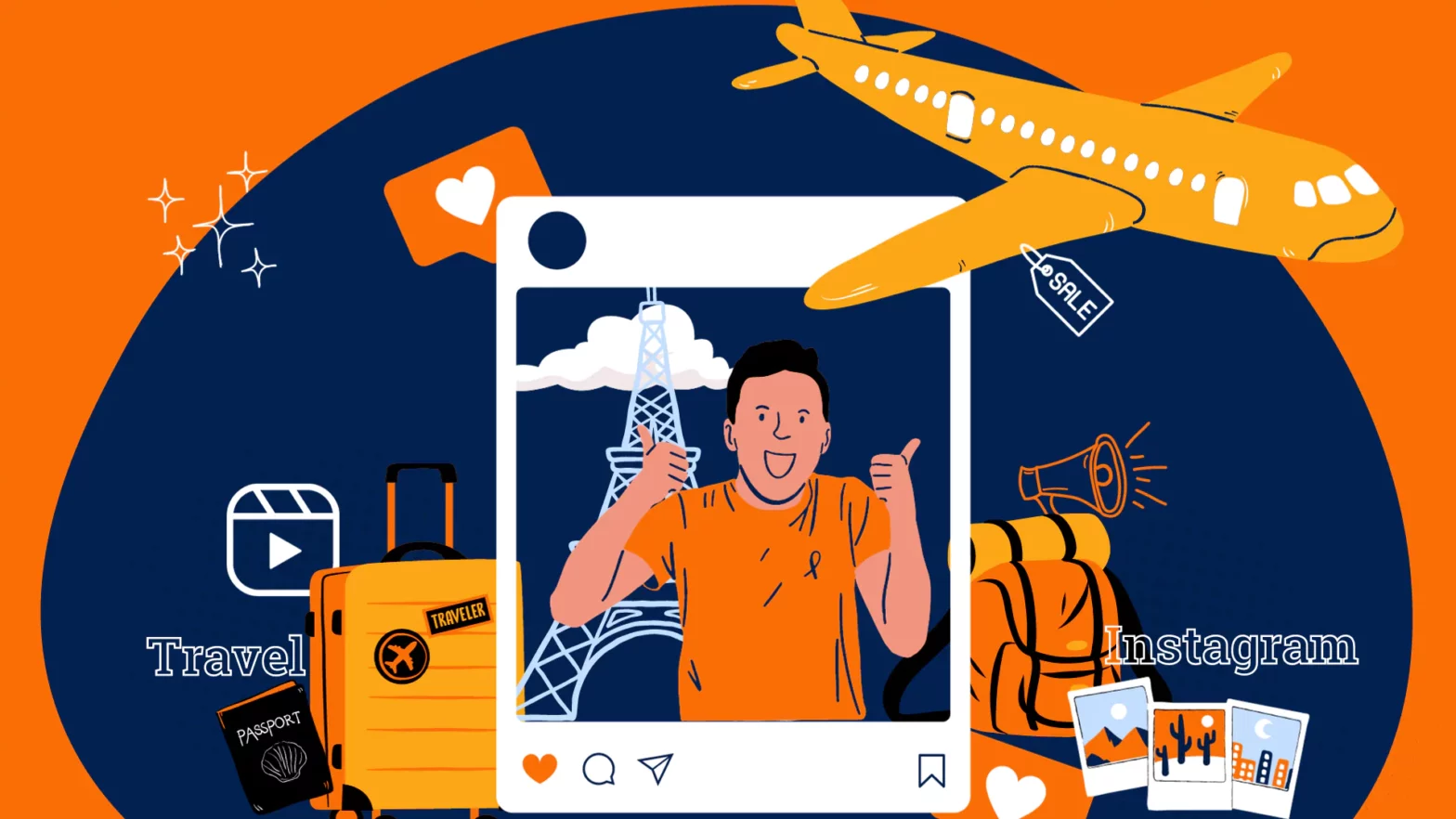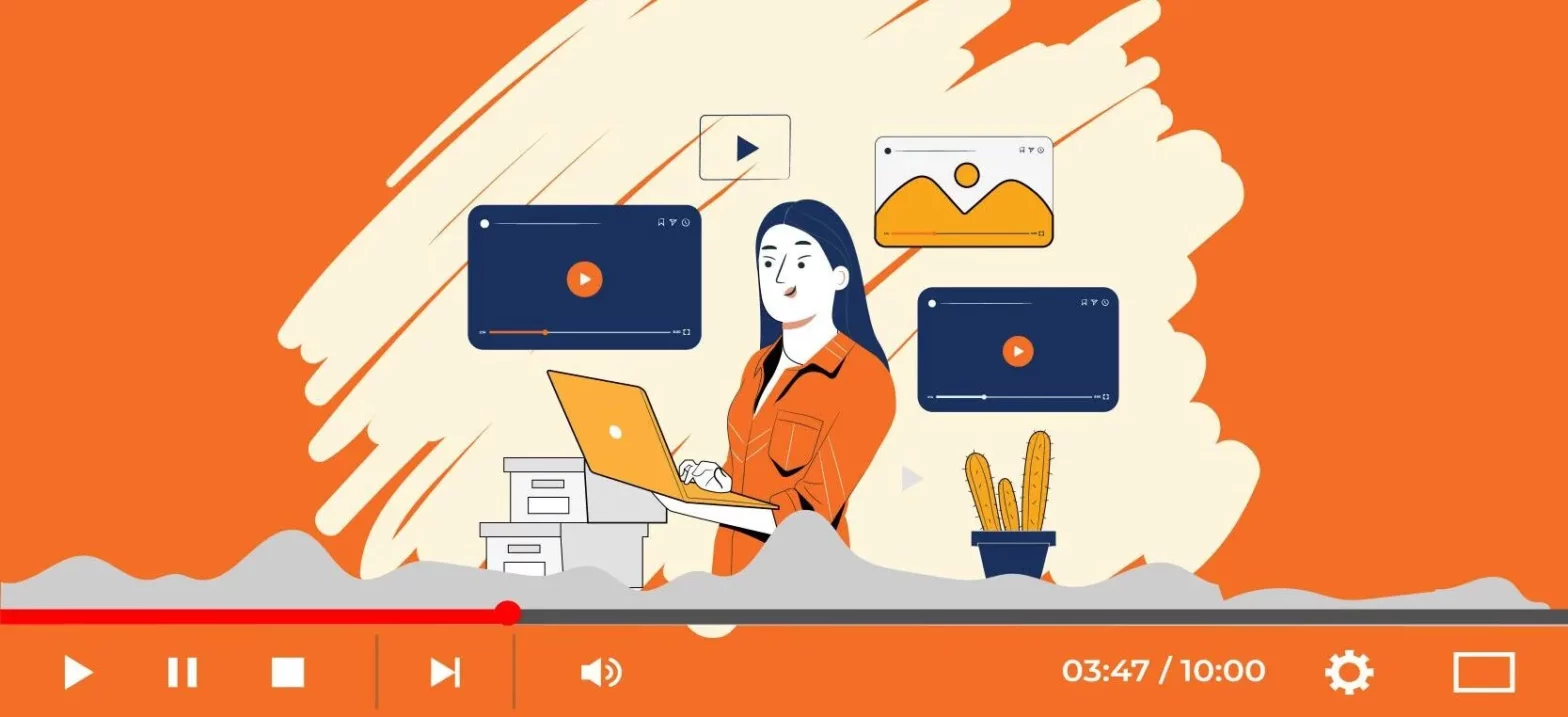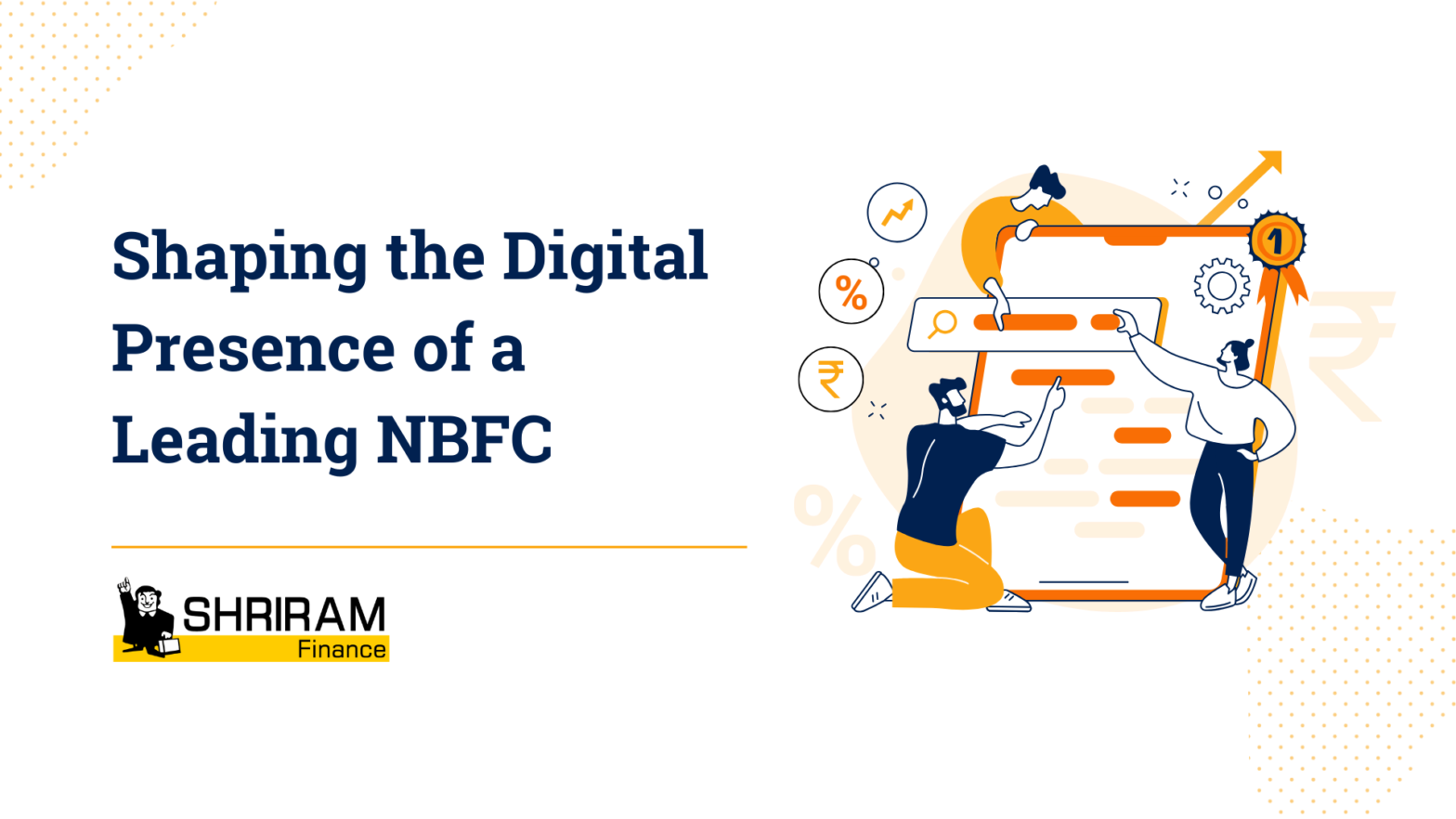The Complete Guide to Digital Marketing for Travel Agency
Author: Team WH
Published On: 08-01-24
Estimated reading time: 10 minutes
Digital marketing for travel agency has become crucial to the travel industry. For travel companies to advertise their brand, draw clients, and maintain their competitiveness in the modern internet marketplace, digital marketing is essential.
Through digital marketing, travel agencies can strengthen their brands and boost website traffic and reservations. With the help of this blog, travel agency owners can get a comprehensive guide to the world of digital marketing.
This blog will also cover the most effective marketing strategies for travel agencies, high-quality content creation, travel destinations, email marketing, search engine optimisation (SEO), social media marketing, and other intricate details such as user experience and how to attract customers.
This article will detail the best practices for digital marketing tailored to the travel sector, whether your goals are to build an online presence, interact with new travellers, or enhance your current efforts. Travel agencies can expand their business by implementing techniques to increase visibility, engagement, and new reservations.
Why is Digital Marketing for Travel Agency a Necessity Today?
Digital marketing is crucial for travel companies that want to interact with potential clients and promote their business in today’s internet-driven environment. Travel agencies need a strong digital strategy to increase visibility, engagement, and revenues as more travellers plan and book their trips online.
Let us focus on some key reasons why digital marketing is crucial for travel agencies.
Why is Digital Marketing for Travel Agency a Necessity Today?
Digital marketing is crucial for travel companies that want to interact with potential clients and promote their business in today’s internet-driven environment. Travel agencies need a strong digital strategy to increase visibility, engagement, and revenues as more travellers plan and book their trips online.
Let us focus on some key reasons why digital marketing is crucial for travel agencies.
Massive Online Presence
The use of smartphones and the Internet is growing rapidly. Places where these two technologies were not available in the recent past are also seeing rapid growth in the number of users.
Potential customers are always looking for economical tickets for their favourite travel destinations. In such a market, travel agencies without an online presence and a robust digital marketing strategy suffer a setback.
As per statistics, more than 5 billion people are online, and mobile devices account for over 50% of all web traffic.
Hence, most tourists start their search for accommodations online and through travel apps, where they read reviews, evaluate costs, and virtually explore destinations from the convenience of their phone screens.
Build Brand Awareness
Online presence levels the playing field for travel agencies of any size to increase brand awareness and boost visibility. Traditional marketing channels like print, radio and TV advertisements are effective; however, in the long run, they cost a fortune, which an online presence with the right digital marketing strategy would not.
Regardless of a travel agency’s marketing budget, digital channels like SEO, social media, email, and paid advertisements enable focused, trackable advertising.
Fosters Trust
Going digital with the right strategies also helps build authority and trust with contemporary travellers relying heavily on online recommendations and reviews. This shows that content and travel agency marketing has become essential to foster trust.
Travel agencies can demonstrate their expertise through strategic content marketing, and credibility is increased through website and listing optimisation. This is crucial to convert potential customers.
Through proper digital marketing strategies, travel agencies can locate, interact with, and influence ideal travellers worldwide. An effective digital strategy is as important for long-term success as having knowledgeable travel agents and exciting tour packages.
All of this can foster a sense of trust among the audience, which helps retain and attract customers.
Top Digital Marketing Strategies for Travel Agencies
Travel agencies possess a potent toolkit of strategies and tactics for online business promotion when it comes to digital marketing. The following are some of the best digital marketing platforms, and avenues travel agencies should focus on.
Search Engine Optimization (SEO)
Search engine optimisation (SEO) is arguably one of the most crucial digital marketing strategies for travel agencies. SEO helps promote an agency’s online listings and website visibility in search engine results.
All of this helps the travel agencies get in touch with prospective clients when researching and weighing their options for the next trip.
When travellers Google search with relevant keywords such as “Europe Tour Packages” or “Carribean cruises,” you want your travel agency to appear first on the search engine. This is achieved by having a high search engine ranking. A high search engine ranking boosts brand awareness, website traffic, and booking opportunities.
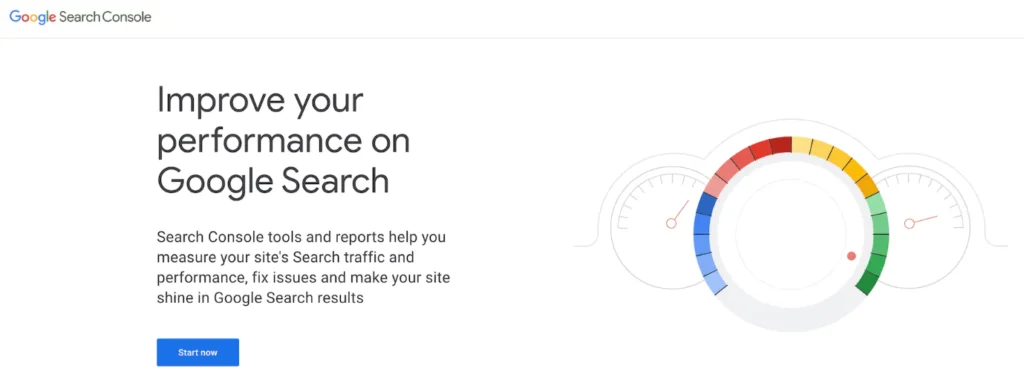
Here are a few SEO tips for travel agencies:
- Improve the content and pages of your website with keywords that visitors are probably looking for. Do a keyword study to find pertinent words and phrases.
- Write destination guides and create blogs that are optimised for particular keywords. Regular website content updates are also beneficial for SEO.
- Boost mobile friendliness and website speed for improved search engine results.
- Take control of your directory listings, including Google My Business, and improve them. Complete all the fields, including the address, description, and images.
- To increase domain authority, develop high-quality backlinks from pertinent travel-related websites. Partnerships and guest posts are beneficial.
- Conduct a monthly analysis of keyword rankings and click-through rates. As your ranking rises, expand your targeting to include more terms.
Social Media Marketing
There are over 4.8 billion social media users worldwide. This makes marketing for travel agencies easier on social media platforms such as Facebook, Twitter, Instagram and YouTube to promote their products and services.
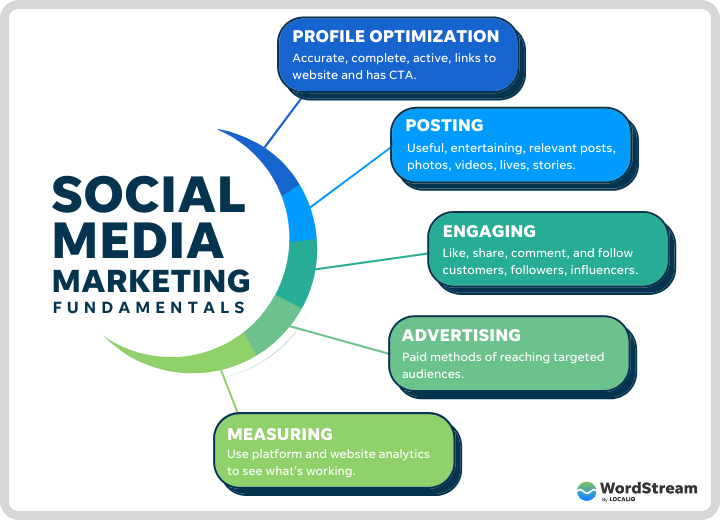
Creating a social media marketing plan enables travel agencies to establish direct connections with customers, increase brand recognition, improve website traffic, and increase revenue.
Here are a few social media marketing strategies for travel agencies:
- Create and maintain business pages on pertinent platforms and update them periodically. Facebook and Instagram should be your top priorities.
- Post user-generated content, stunning travel images, destination advice, agency news, and competitions will help you develop an engaged audience.
- React as soon as possible to messages, comments, and inquiries. Be professional and accommodating. This builds social proof.
- Manage sponsored and organic social media advertising campaigns. Paid advertisements help in promoting your offers and content.
- Use posts and stories to advertise current sales and promotions. Booking is streamlined by making them shoppable.
- Join forces with travel-related influencers to jointly produce sponsored posts and content.
- Analyse and scrutinise the effectiveness of various post formats and adjust them according to clicks and interaction.
If used effectively, social media platforms can be a powerful tool for travel agencies, allowing them to communicate with their audience directly. In the long run, building a brand and producing quality leads can be greatly helped by maintaining an active, optimised online presence.
Email Marketing
Email marketing is an affordable way for travel agencies to foster client relationships, advertise new travel packages and exclusive deals, and encourage recurring business.
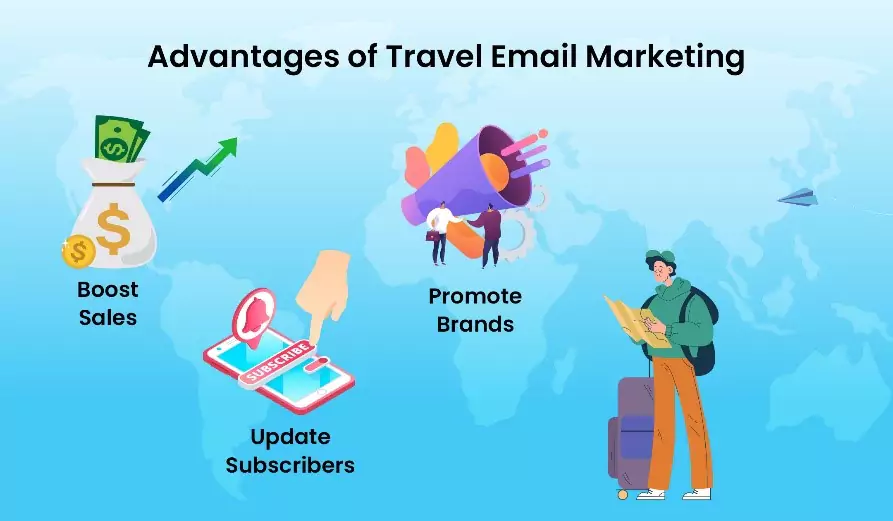
Here are a few tips for effective email marketing:
- Provide a form for interested travellers to opt-in on your website to gather their email addresses. As a reward, provide an eBook or a discount.
- Send relevant and targeted emails by segmenting your list based on past purchases, interests, and demographics.
- Distribute a monthly newsletter featuring links to the newest offers, travel advice, and agency news. This fosters trust between people.
- Use specialised emails to advertise flash sales, last-minute discounts, and holiday offers. Plan them for periods of high booking.
- Give emails a visual, scannable, and mobile-friendly layout. Add captivating images.
- To find the ideal email length, tone, and messaging, test various subject lines and content.
- To improve over time, keep track of open rates, clicks, unsubscribes, and bookings made.
Travel agencies can communicate directly with prospective clients and interested leads via email. Creating an automation plan promotes repeat business and fosters relationships.
Pay-Per-Click Ads
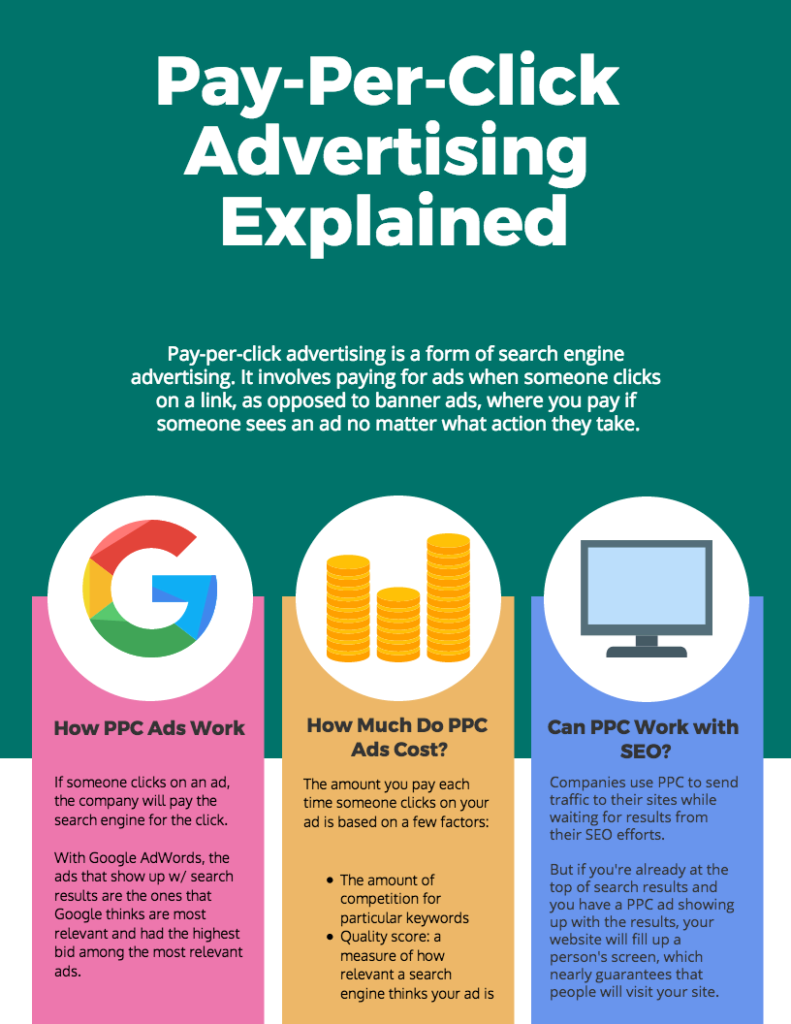
You can show up prominently in search results when customers are looking to research or make travel or destination reservations thanks to PPC ads like Google Ads.
Only when someone clicks on your ad it gets charged. It is useful for advertising new vacation packages or increasing traffic during peak times.
Content Marketing
Content marketing is the best way to build competence and trust in the digital world. Travel agencies can attract prospective clients by producing high-quality, educational content.
Here are a few successful content marketing strategies:
- Post thorough destination guides for well-liked places you provide travel to. Make them SEO-friendly by adding pertinent keywords.
- Write motivational travel blogs with content on packing lists, top destinations, customer experiences, and other subjects.
- Post-trip images, videos, and articles highlighting the experiences that guests can have when they make reservations with you.
- To attract attention, share infographics with interesting facts, trends, and travel statistics.
- Make downloadable eBooks such as “Top 10 Family-Friendly Beaches” that readers can obtain in return for their email addresses.
- To increase reach, promote your content on your website, via email, social media platforms, and elsewhere.
- To get backlinks and reach new audiences, consider guest posting on travel-related blogs and websites.
- Transform content into text, visual, audio, and video formats.
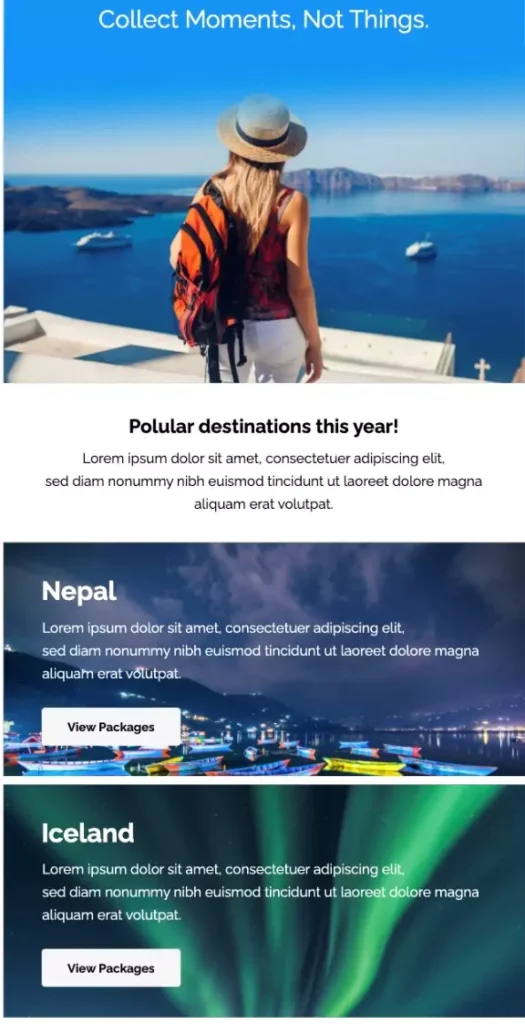
Providing high-calibre, interesting content regularly builds thought leadership and draws new clients to your business. Incorporate with SEO to maximise outcomes.
Wrapping Up
In our internet-driven world, travel agencies that want to thrive must adopt the best practices of digital marketing for travel agency. Using strategies such as social media, email marketing, search engine optimisation, and strategic content creation, agencies can connect with travellers globally, build their brand, produce qualified leads, and increase sales.
Having a diverse digital strategy highlighting your agency’s advantages and distinct value proposition across media. Over time, analytics and optimisation will help you focus your efforts.
Even small travel agencies can increase bookings by increasing their online visibility and trust with a strategic approach. Use this comprehensive guide as a blueprint to improve your agency right now.
It covers the most significant digital marketing opportunities available to travel brands.
Frequently Asked Questions
1. How do I grow my travel agency business?
Here are a few ways you can grow your travel agency business:
- Provide exceptional customer service. This will help you to get word-of-mouth referrals from happy clients, which are invaluable for travel agencies.
- Invest in your online visibility using social media, SEO, and other techniques. You can stand out and draw in new business with the support of a powerful website and digital footprint.
- Consider specialising in a particular travel, destination, or clientele.
- Developing a reputation as an authority in a particular field can help attract the right clients.
- Make connections and collaborate with traveller influencers to increase your visibility.
- Keep track of shifting consumer demands and trends in the travel industry. Make adjustments to your packages and marketing tactics to reflect the direction the market is taking.
2. Who is the target market of a travel agency?
Travel agencies have a vast target market. They cater to leisure travellers, business travellers, travel bloggers, special interest groups, youngsters, corporate planners, people who want destination weddings, and immigrants.
3. How do travel agencies get leads?
Travel agencies can get high-quality leads through solid digital marketing tactics in the Internet era. Solid digital marketing tactics include search engine optimisation, paid ads, social media promotions, email marketing, retargeting ads, content marketing and word-of-mouth marketing.
4. How do I start a travel startup?
Starting your travel startup is a challenge. However, here are a few points that can serve as key steps to establishing a travel startup.
- Research: Identify your target market, rivals, niche, industry trends, and so on by conducting in-depth market research. Determine any gaps or unmet needs that you can fill.
- Business Plan: Draft a thorough business plan that addresses your anticipated expenses, operations, pricing, marketing strategy, and other areas.
- Financing: Assess your startup’s financial requirements and look into crowdfunding, loans, and investments. Money will be required for things like marketing, technology, and licensing.
- Necessary Permissions: Obtain the necessary municipal, state, and federal licenses for travel agencies in your area.
- Technology: To grow and power your agency, invest in website builders, CRMs, booking systems, and other tech infrastructure.
- Suppliers: Look into and book preferred lodging, travel, and tour companies to put together a package for customers.
- Marketing: Establish a powerful online presence and brand identity. Opt for SEO, content marketing, social media, and advertising.
5. Why is it essential for a travel agency to have an online presence?
With the Internet and globalisation at an all-time high, travel has become a lucrative industry. As more people get access to and use the internet, travel agencies need to maintain an online presence to attract more customers.
An online presence increases brand visibility and credibility and provides convenience to customers.




















